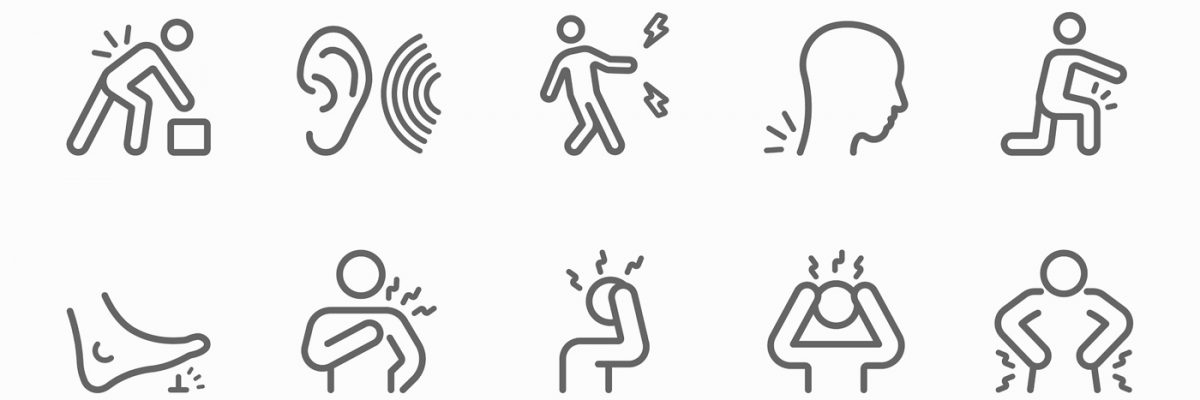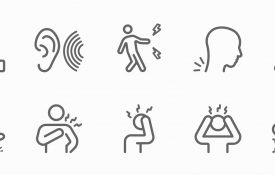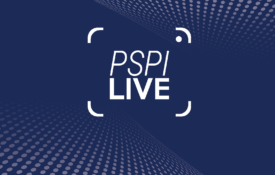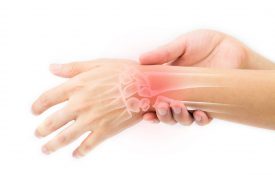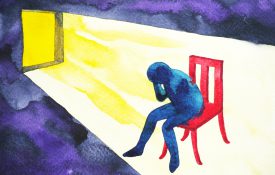In the latest PSPI, a team of researchers explores how psychological interventions can be part of a comprehensive plan to manage chronic pain while reducing the need for surgeries and potentially dangerous medications. Charles Blue interviews Mary Driscoll, a researcher at Yale University, and first author on the issue's main article. Visit Page

Psychological Interventions for the Treatment of Chronic Pain in Adults
In the latest PSPI, a team of researchers explores how psychological interventions can be part of a comprehensive plan to manage chronic pain while reducing the need for surgeries and potentially dangerous medications. Charles Blue interviews Mary Driscoll, a researcher at Yale University, and first author on the issue's main article. Visit Page
